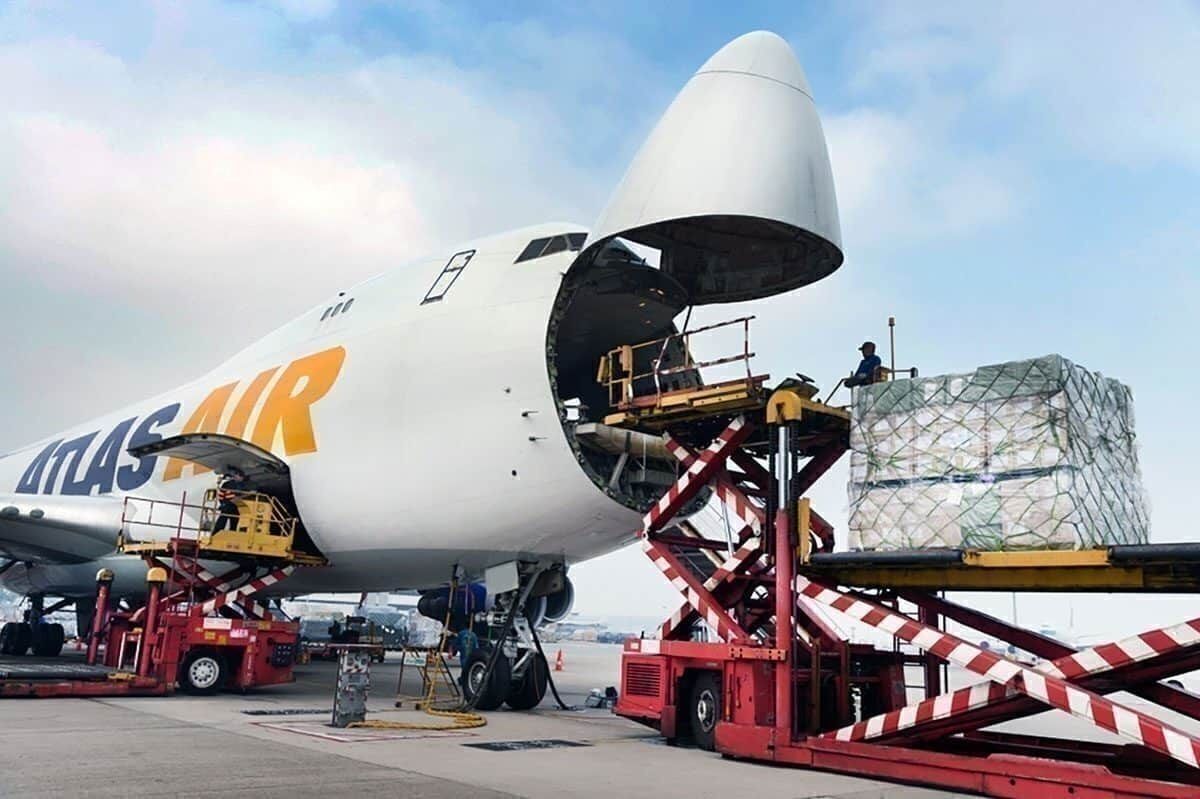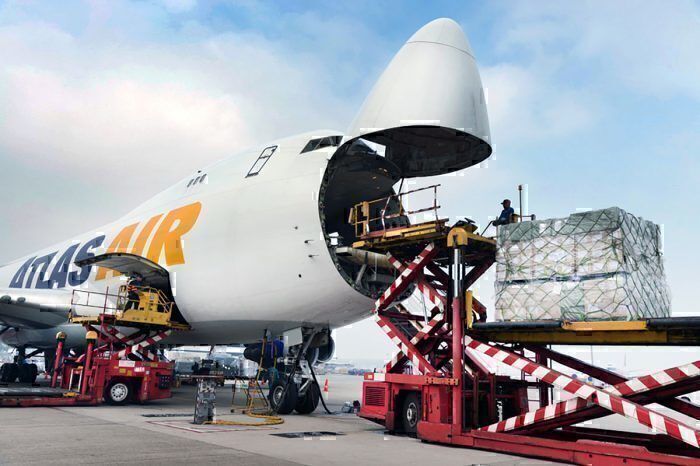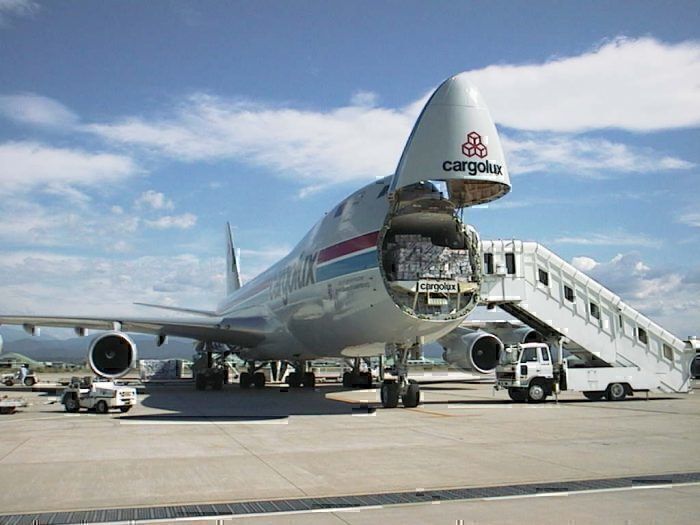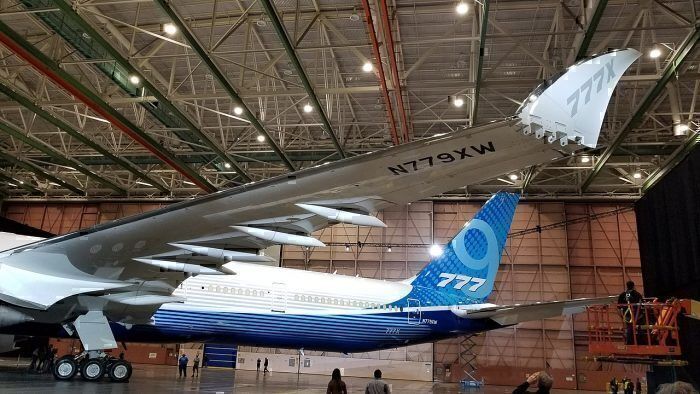There are only four types of cargo planes produced by Boeing and Airbus, the Boeing 767 freighter, the Boeing 747-8F, the Boeing 777F, and Airbus' A330-200 freighter. There are plenty of aircraft conversions to turn defunct passenger aircraft into cargo planes, but only four brand new designs on the market.
Eagle-eyed readers will realize that these aircraft are actually quite old designs. In fact, from 2022, there might not be any left for cargo airlines to order.
Which aircraft are currently built by Boeing and Airbus?
Cargo is a lucrative source of income for airlines. Cargo does not need to be fed, watch movies, require flight attendants or even need to be kept warm. Cargo does, however, want to get to its destination as quickly as possible and shippers are willing to pay top dollar to do so.
Thus, many carriers choose to have their own cargo airlines as part of their main fleet. You can see a few examples here.
As mentioned above, there are only four brand new aircraft designs on the market. This is how they compare:
|
Aircraft |
Capacity |
Range |
|
A330-200F |
65 t (140,000 lb) |
4,000 nmi / 7,400 km |
|
767-300F |
40 t (88,250 lb) |
5,980 nmi / 11,070 km |
|
777F |
102 t (224,900 lb) |
4,970 nmi / 9,200 km |
|
747-8F |
137 t (303,700 lb) |
4,120 nmi / 7,630 km |
These ranges listed are not exactly accurate, as the less cargo the aircraft shifts, the further it can fly. Additionally, airlines can also refurbish passenger aircraft into cargo aircraft. There are several reasons why doing this is a profitable idea:
- The aircraft type is no longer profitable as a commercial passenger aircraft. For example, an older Boeing 747 might not be profitable compared to a Boeing 787, but cargo is just as profitable despite being an older aircraft.
- The aircraft is too noisy for commercial routes in the modern era. Airport authorities update their rules and regulations as new aircraft become popular, encouraging airlines to phase out older models.
What's the problem?
The Boeing 767 has been with us for over 30 years; the Boeing 747 even more.
These aircraft designs are old and inefficient, and many are to be phased out as soon as 2022. Just as we saw with the Airbus A380 program, aerospace manufacturers want to cease producing aircraft designs if orders fall off.
In the case of the Boeing 747 and 767, there are practically no more commercial passenger orders and they are only surviving due to a few outstanding freight options. The Airbus A330-200 is old tech, and the Boeing 777 is about to launch into its next generation with the 777X.
What new designs are there?
One of the big problems with cargo aircraft is that they can't fly very far. Unlike long-haul passenger aircraft that routinely fly the longest routes in the world, cargo aircraft don't really push beyond 7,000 nmi.
Any future design would need to come into the market with this range focus in mind. Here are some aircraft models that could easily be turned into a cargo variant:
Airbus A350 - As discussed yesterday, the A350 is a great contender for the next generation of cargo aircraft. It has the capacity of a Boeing 777, but a massively improved range.
Boeing 787 - Surprisingly, Boeing has not offered a freighter version of their popular Dreamliner. The fuel savings of this aircraft might be tempting for cargo operators; it could be an easy win for Boeing.
Boeing 777X - The Boeing 777 freighter is a popular choice for airlines, with Qatar ordering five as recently as the 2019 Paris Air Show. Qatar CEO, Al Baker, was asked at the press conference if he would be interested in a Boeing 777X-F, which he replied, "we are always interested in new products from Boeing". It would feature the excellent fuel savings of the 787 range plus the capacity close to a Boeing 787-8F.
Airbus A330-800neo - The last potential aircraft that would do well as a freight version is the A330-800neo. Airbus has struggled to sell this as a passenger aircraft, but maybe it would find new life as a cargo carrier. It would also be synergistic with the A350 and not cannibalise sales of the larger type.
What do you think? What do you see as the future of cargo aircraft? Let us know in the comments.




